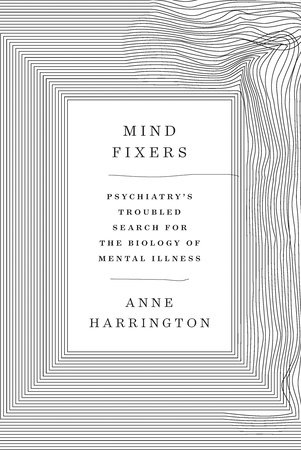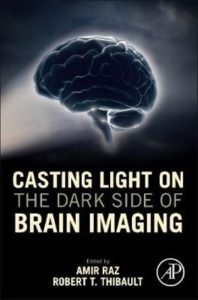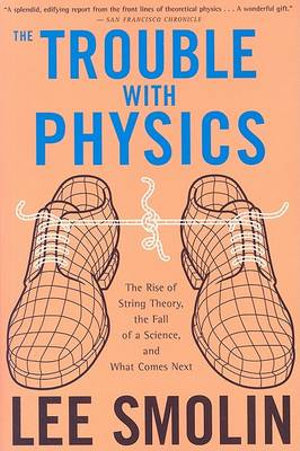Over on Strange Horizons, there’s a new essay by Zachary Gillan, The Brackish Pool: Towards a Critical Practice of Reading Weird Fiction, which caught my interest. It’s a scholarly yet approachable overview and reflection on what we call “weird fiction.” I found myself nodding at some parts and overall appreciating the ways in which Gillan–using examples from the works of other authors and theorists on the genre–attempts to explain and/or reframe less what “weird fiction” is than what it does. More the how than the what. In particular I liked this:
The film historian Jeanine Basinger, in her book on Anthony Mann (1979), wrote that noir is not a genre but a “virus” which “attacks healthy genres and makes them sick, dark, discouraged, and disillusioned.” This is how we should think of the weird as well. Noir sickens, the weird weirds; both are verbs, active critical perspectives brought to bear by writers but also readers (and critics, who are nothing if not readers who write).
I think this is a wonderful way of looking at the weird; it’s steeped in something we cannot quite understand, and likely are incapable of fully comprehending outside of its immediate, oft unsettling manifestations. I highly recommend giving this a read if weird is your thing.
Just a quick note to those readers or writers who might be intimidated by pieces such as this (that is, essays that are full of literary references as a way of making their point): don’t worry if you haven’t read stories by Thomas Ligotti, critique by Maureen Kincaid Speller or novels even by those as esteemed as Toni Morrison. I’m not going to say that you will easily absorb the points being made without having read all the authors referenced within Gillan’s essay, but a good essayist–even if it’s for a dedicated audience of a genre–will get the point across of what they’re trying to convey without it being contingent that you’ve read all they’ve read. For the record, I’ve only read a few of the authors mentioned within, and even then not extensively (arguably, that’s the job of someone setting out to do what Gillan does–to synthesize). As it goes, I’m not the world’s biggest Jeff Vandermeer fan, but I can work with what Gillan is saying. There are other authors that aren’t mentioned in this piece, like Robert Aickman, whose works are absolutely to be added to this genre. I make this point because, as I mentioned, sometimes essays like this can be intimidating, and they don’t have to be; hell, if you walk away with only curiosity about some of the authors you don’t recognize then I’d say that’s a success.
Another author not mentioned is Mark Fisher. He certainly isn’t an writer of weird fiction, but rather a cultural and political theorist who released a rather slim tome called The Weird and the Eerie, which takes a guided stroll through similar territory, going so far–as you might guess from the title–as to separate the two (the weird, the eerie) into separate subgenres. His book turned me on to Aikman, but also tied in bands such as The Fall (who I adore) and even Boards of Canada into his explication. One of the points of his focus was the British movie Quatermass and the Pit, and the original television series it’s based on. I spent the latter part of 2025 watching all the Quatermass material, thanks to the Internet Archive. It’s easy to see how Quatermass is eligible for inclusion in the weird (broadly speaking–Fisher might qualify it more as “eerie”), given how there are these spectrous forces from outside our world, often faceless but always nameless, whose ultimate goals are ultimately left to the imagination of the viewer (unlike, say, Star Trek, where everything is made very matter-of-fact, similar to how comic books of a particular era couldn’t have things be borne of the supernatural).
I wouldn’t say that, as a writer, I’m firmly in the mold of weird fiction, but it certainly creeps into my work, depending upon what you’re reading. While not self-consciously so, Radioland certainly affirms itself as weird fiction, as does my linked short stories Somewhere in a Dead Field, and Wesley Evonshire. It’s certainly not like I sat down one day and said to myself “I’m going to write weird fiction” but rather, in so many words, it was where my internal weather vane pointed me, and I certainly didn’t fight the temptation.





 I was afraid it would be a beginner’s guide to physics using jazz as a loose, entertaining metaphor that ultimately ends up lacking specificity about either jazz or physics.
I was afraid it would be a beginner’s guide to physics using jazz as a loose, entertaining metaphor that ultimately ends up lacking specificity about either jazz or physics.
 I’ve noticed more and more over the last decade that less and less people want to use the phone. I cannot help but draw a correlation between this observation and the ubiquitous rise of digital communication. Email? Sure. Text? Yup. And what’s wrong with this, you might ask? On paper it would objectively appear that text-based communication (particularly including social media) is superior at transferring information without error, if only us pesky humans didn’t make mistakes. And this last part is key: we are not objective, we balance the objective world with our much less easily measurable experiential (or personal) reality; this second reality is informed by our experiences, which are diverse and sometimes punctuated by trauma or loss. When we talk to someone on the phone we are leaving ourselves prone — to fallibility (stammering, going off on a tangent), or having our hesitations read as something we may not otherwise wish to reveal.
I’ve noticed more and more over the last decade that less and less people want to use the phone. I cannot help but draw a correlation between this observation and the ubiquitous rise of digital communication. Email? Sure. Text? Yup. And what’s wrong with this, you might ask? On paper it would objectively appear that text-based communication (particularly including social media) is superior at transferring information without error, if only us pesky humans didn’t make mistakes. And this last part is key: we are not objective, we balance the objective world with our much less easily measurable experiential (or personal) reality; this second reality is informed by our experiences, which are diverse and sometimes punctuated by trauma or loss. When we talk to someone on the phone we are leaving ourselves prone — to fallibility (stammering, going off on a tangent), or having our hesitations read as something we may not otherwise wish to reveal. I posted about this book
I posted about this book